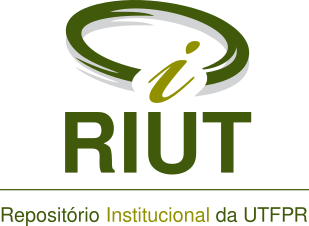Reduction of Tomato Post-Harvest Losses by Using 1-Methylcyclopropene
Resumo
Tomato is one of the most produced and consumed olericole plants in the world, being a highly perishable fruit, which presents high levels of losses in the post-harvest period. As a form of reducing these losses, it is necessary to know the product physiology. The fruit-ripening phase involves changes in the sensorial characteristics that are unchained by ethylene, a hormone naturally synthesized within the cells and liberated in the form of gas. Ethylene can also be applied on an exogenous way, thus accelerating and making even the ripening of fruits as the tomato. On the other hand, the ripening process can be delayed with the use of 1-methylcyclopropene (1-MCP), an inhibitor of ethylene synthesis, thus prolonging the useful life in the post-harvest period. In the present investigation, with the purpose of a literature revision, in a general way, it was to demonstrate the forms of controlling the ripening of tomato fruits, in the post-harvest period, in order to prevent and reduce losses. The collected data showed that, with better care during the fruit handling and, mainly, with the use of different technologies, as the application of 1-MCP, post-harvest losses in tomato plant culture can be reduced significantly.
Palavras-chave
Texto completo:
PDFDOI: 10.14685/rebrapa.v1i1.6
Apontamentos
- Não há apontamentos.
Direitos autorais





